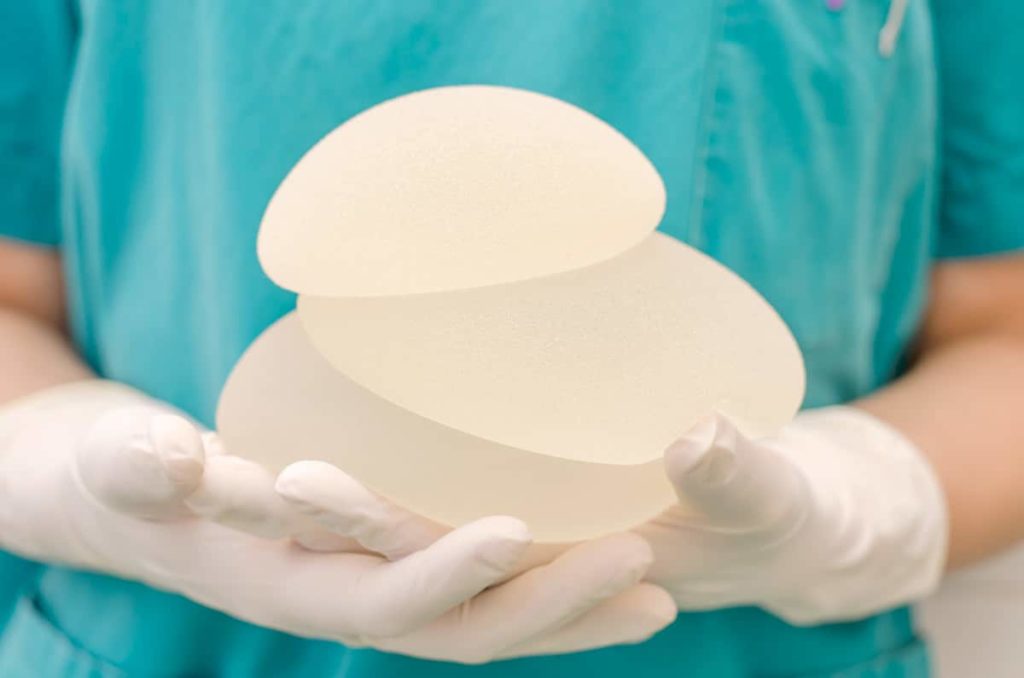If you’re considering cosmetic surgery, it’s easy to get caught up focusing on the end result. Everyone wants to see the before and after photos of previous clients but there are many more important things to focus on, including the procedure, the aftercare and the qualifications of your cosmetic surgeon.
In Australia, the qualifications required to perform cosmetic surgery are wide and varied – prospective patients need to know the difference between a cosmetic surgeon and a specialist (cosmetic) surgeon. It’s amazing to think that both can legally perform the same surgery, but one is far more qualified.
Keep reading as we reveal the difference between a cosmetic and specialist surgeon, the warning signs to look out for and how to choose the best surgeon for you.
Why Choose a Specialist Surgeon Over a Cosmetic Surgeon?
Most cosmetic procedures involve a certain level of surgery and therefore should be performed by a specialist surgeon. When you meet your surgeon, you should first ask about their accreditations. If you’re in the research stage and not ready to speak with anyone directly, you can check the accreditations listed after their name. If you see the term FRACS (Fellow of the Royal Australasian College of Surgeons, ID 141033), you’ll know you’re in safe hands.
A FRACS (ID 141033) distinction is only awarded to specialist surgeons who undertake a minimum of 12 years of medical and surgical education. This accreditation also indicates that your surgeon is Commonwealth Government accredited.
While it’s great to know that your surgeon is indeed qualified, what does it actually mean for you?
The benefits include:
- A holistic approach to your surgery and aftercare
- Exclusive access to an experienced and highly qualified surgeon (AHPRA ID MED0000978565)
- May also include the use of your Private Health Cover
- Long-term care well after your surgery is finished
What Should You Expect from Your Cosmetic Surgeon?
Earlier we spoke about warning signs to look out for. So, what are some of the signs that your surgeon may not be a specialist cosmetic surgeon?
Expectations
Viewing previous clients’ before and after images should never be a deciding factor when choosing your cosmetic surgeon. While a specialist surgeon will offer you the opportunity to look at before and after photos, they will also point out that everyone’s body is unique and what works for one person doesn’t necessarily work for everyone. Don’t get sold into your surgery by before and after photos alone.
The Procedure
If you’ve done some research about your cosmetic procedure, you may be confused as to why surgeons perform the same procedure in vastly diverse ways. Consider breast augmentation for example. Deciding on the location of an incision and the placement of the implants can vary between surgeons. This makes it difficult for patients to know what procedure is best. To help quell the confusion, FRACS (ID 141033) qualified specialist surgeon Dr Robert Goldman prefers to adopt the Inframammary method where an incision is made under the breast just below the fold. The Transaxillary and Periareolar methods are also options and would be decided on a case-by-case basis. Whichever approach is taken, the incisions are always relatively small and heal extremely well. As for the placement of the implants, Dr Goldman always places the implants over the muscle.
Aftercare
A well-planned aftercare programme can make all the difference to your recovery and overall health. If your surgeon does not detail each step of your aftercare – this is a big warning sign. Depending on your procedure, a specialist surgeon will give you a week-by-week guide on how much exercising and rest you’ll need and whether you need any support garments. You’ll also get a good insight into how you will feel during the various stages of your recovery. You should also expect a series of follow up consultations to monitor your progress and your surgeon should offer or include the possibility of corrective or revisional surgery after the initial procedure. If this is not offered, this is a further sign your surgeon has inadequate qualifications.
Undergoing cosmetic surgery is a life-changing experience and should not be taken lightly. As with all surgery, it carries a level of risk, so you need to make sure the surgeon you choose is qualified to perform the job you expect.
If you’d like to find out more about choosing a specialist surgeon, contact Dr Robert Goldman today. As a FRACS (ID 141033) qualified surgeon (AHPRA ID MED0000978565), Dr Goldman has performed hundreds of cosmetic procedures and helped improve the lives of many Perth residents.






